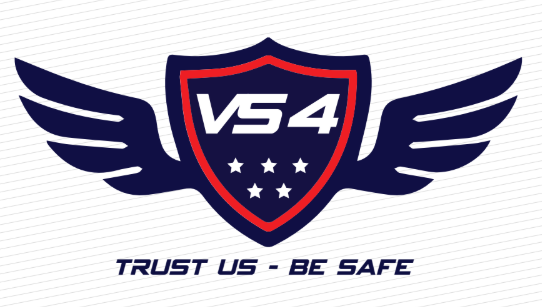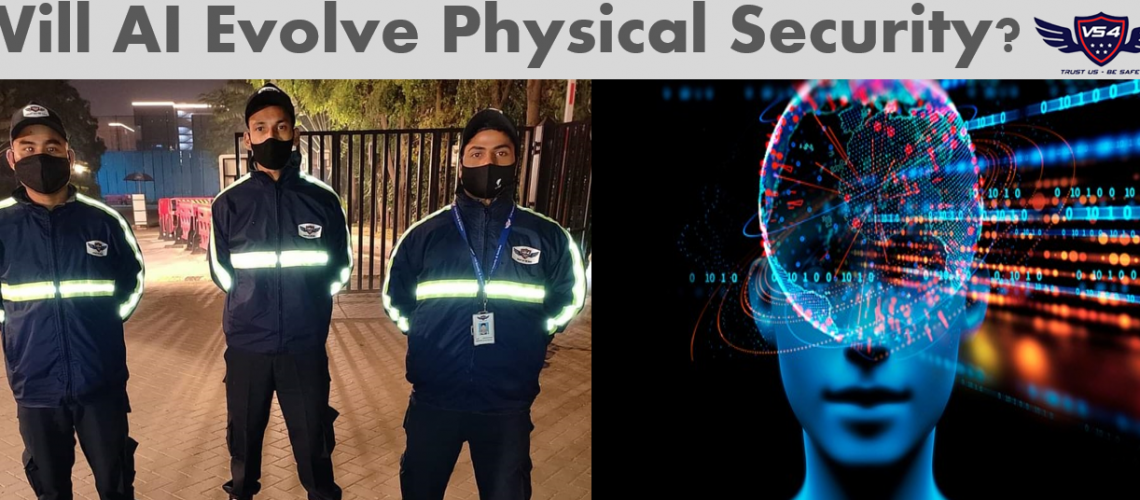With a plethora of perceived threats to lively hoods because of AI, as a CEO of a physical security company, I thought it prudent to analyze what impact AI will have on physical security and what will be the prerequisites for a security guard going forward.
- Present Short Comings in Use of Tech
- Too much data – no analytics. Example – We have large footages of CCTV or data of entry exits which requires time-consuming laborious manual surfing by guarding staff to arrive at actionable information.
- Lack of integration – No hardware speaks to each other in real-time. Even if a CCTV picks up a unauthorized entry it alerts the guard who in turn has to manually operate the barrier.
- Not much return on investment as even with Tec, the number of physical guards required does not substantially reduce.
- Changes Envisaged with AI
- Analytics – leading to real-time intervention. AI algorithms can analyze vast amounts of data to detect patterns and anomalies that may indicate a security threat. Smarter routine data and user behavior monitoring for – accurate and actionable, prevention or intervention.
- Integration of Sensors, Barriers, and Human Response – Creation of autonomous security systems. For example, if an armed intrusion is detected by an AI camera, the camera sends a signal to access control to lock entry. Should the intruder breach the barrier then the AI barrier communicates to a loitering Drone to chase. The physical security team has total situational awareness and intercepts the intruder with the least effort and maximum effect.
- Improved Effectiveness – Do More with Less – Eventually when mass-produced the AI systems will be very affordable. They will replace guards from routine standing, observing, and checking duties in a more efficient manner. The Guards will be reduced drastically for quality over quantity.
- What AI will Not Change –
- Guards will still be required to take the right actionable decisions based on their critical thinking.
- Human involvement in physical response, interception, detention, and investigation will continue.
- Laying down the protocol of AI devices will be done by physical security experts.
- Human interactions to check, reason, convince and enforce security protocols will continue.
- The Future Guard – will have to be –
- Tech Savvy
- Educated and trained enough to –
- Comprehend an overall security environment, beyond his post. and react to multiple threats.
- Have excellent communication skills, both oratory and written.
- Physically fit with a good bearing for quick reactions.
To conclude, AI is intended to assist physical security personnel and improve the effectiveness of their work. AI technology can be used to monitor surveillance footage, detect threats by analysis, respond to alarms etc. However, AI cannot replace the critical thinking and decision-making abilities of trained security personnel. Ultimately, human judgment and decision-making are still necessary in complex security situations. The Guards of the future will be fewer but much smarter.
by
Col Vineet Seth, VSM (Retd)
CEO
VS4 Security and Services Pvt Ltd
https://vs4.in/#quality #vs4securityandservices #safetyconsultancyservices #totalsecuritysolution #itsecurityassessment #privatesecurity #corporatesecurity #securityofficer #bestsecurityservicesinbangalore #physicalsecurity #securityprofessionals #securityindustry #securityagency #securitymanagement #CSO #securityassessments #securityaudits #jobs #securitytraining #securityjobs #bestsecuritycompany #security #resilience #cybersecurity #lossprevention #security #riskmanagement #india #securityindustry #OSPAs_india #events #risk #securityservices #securityservicesinbangalore #guards

